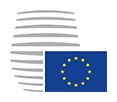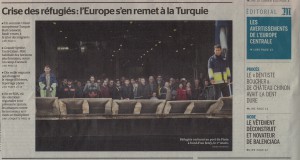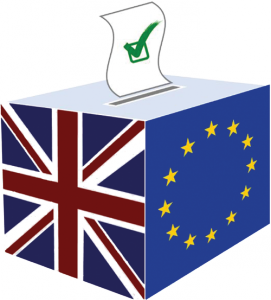
Council of the EU
One of the recurring threads of the EU referendum campaign has been the need for reform. What gets lost in that is that the EU has been on a continual process of reform from its inception.
While proponents of Brexit argue for reform in a way that sometimes leaves me wondering whether their comments are based on their fantasies of the EU or reality, the EU has been getting on with it.
On 16 March, Guy Verhofstadt tweeted his pleasure at the EU Council adopting measures for better law-making in the EU, published on European Council’s web site. Frustratingly that didn’t get much attention in the British media.
The dates in that document are interesting — ideas put forward for discussion by the Commission on 20 May 2015 — well before attempts at “renegotiation” were under way, so there is no sense that this arises from British pressure. The proposal has worked its way through the system in a way that enables proper discussion. As a democratic body, the EU is bound to have a complex decision-making process, to allow for proper engagement with those we elect to the European Parliament and the (elected) governments of the nation states, so there is wisdom in this taking a while.

 The grassroots
The grassroots